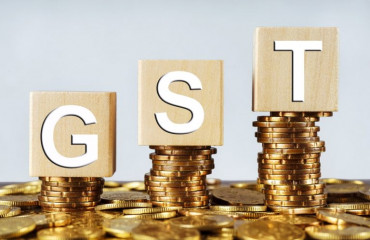
- 22 Jan 2025 06:30 PM
- New
BTL EPC Ltd Secures Back-to-Back Orders Worth ₹1200 Crore (including GST) from Adani Power and NTPC
With its unwavering focus on engineering excellence, timely execution, and sustainable practices, BTL EPC Ltd continues to build its legacy as a trusted partner in India’s industrial growth.
Read More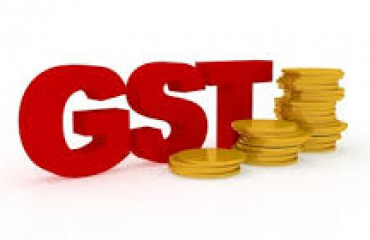
- 22 Jan 2025 06:28 PM
- New
Union Budget 2025: Top 10 moves that could benefit every middle-class homebuyer
Union Budget 2025: Real estate sector experts anticipate policy measures to address financing, taxation, and infra issues, which are crucial for the sector's recovery and long-term growth.
Read More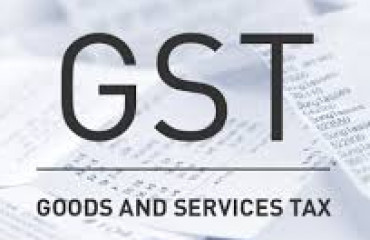
- 22 Jan 2025 06:24 PM
- New
Budget 2025 | Why cutting income tax could be a win-win for the government
Finance minister Nirmala Sitharaman’s eighth union budget, set to be presented on 1 February, provides a critical opportunity to boost Indian economy's slowing consumption momentum through income tax cuts. There is a compelling case for this move: tax relief announced in the budget in July last year offered minimal benefits to low-income groups and, when adjusted for inflation, worsened the situation for high-income groups, a Mint analysis showed.
Read More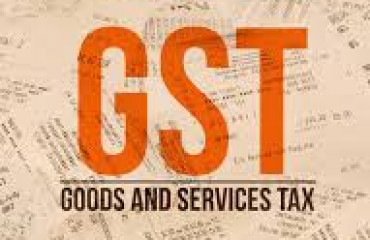
- 22 Jan 2025 06:16 PM
Strategic budget interventions can position Indian pharma for global leadership
Finance minister Nirmala Sitharaman is all set to present the budget for FY26 on 1 February. The upcoming Union budget presents a unique opportunity to accelerate the growth of India’s pharmaceutical and life sciences sector. By allocating substantial funds for healthcare, enhancing the accessibility and affordability of life-saving medicines, prioritizing cutting-edge research, and advancing infrastructure, the government can drive growth, foster innovation, and boost global competitiveness in this vital sector.
Read More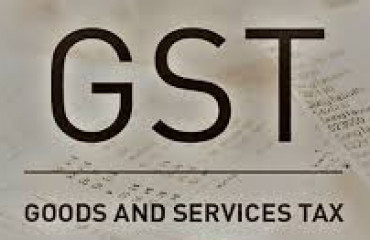
- 21 Jan 2025 06:15 PM
Union Budget 2025 Expectations Live Updates: Finance Minister Nirmala Sitharaman's 8th speech highly anticipated
Union Budget 2025 Expectations Live Updates: Industry watchers are awaiting a host of measures from Finance Minister Nirmala Sitharaman. From ordinary taxpayers, to tech, healthcare, insurance, and finance sectors, hopes are high for from income tax slabs, GST rationalisation, infrastructure allocation, and regulatory updates, to address economic distress and consumer sentiment.
Read More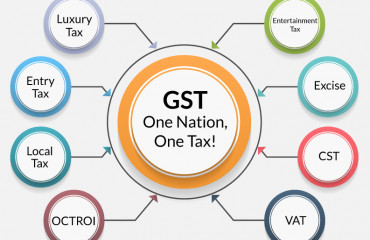
- 20 Jan 2025 06:18 PM
Union Budget 2025 Expectations Highlights: Anticipation high for FM Nirmala Sitharaman's speech
Union Budget 2025 Expectations Highlights: Anticipation is running high among industry stakeholders and citizens as we get nearer to Finance Minister Nirmala Sitharaman's Budget announcement. From ordinary taxpayers, to tech, healthcare, insurance, and finance sectors, hopes are high for income tax cuts, GST sops and other initiatives.
Read More
- 17 Jan 2025 05:56 PM
TReDs 2.0: Govt. looks at second window for MSME bill discounting, up to ₹10 lakh of transaction may be allowed
New Delhi: The government is looking at a second window for the Trade Receivables Discounting System (TReDs) to allow transactions of as low as ₹1 lakh to ₹10 lakh, two officials said.
Read More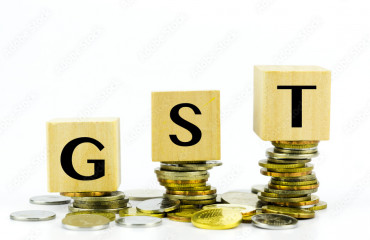
- 17 Jan 2025 06:02 PM
Union Budget 2025 Expectations Live Updates: Budget Session to be held between January 31 to February 13
Union Budget 2025 Expectations Live Updates: From ordinary taxpayers, to tech, healthcare, insurance, and finance sectors, among others — all stakeholders are holding high hopes for Union Finance Minister Nirmala Sitharaman's eighth Budget speech in February.
Read More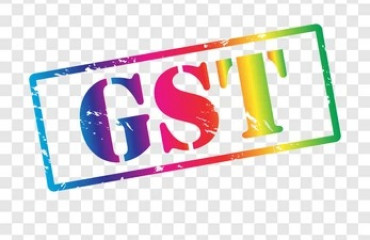
- 15 Jan 2025 06:24 PM
Inequality alert: India’s economy appears to be getting even more K-shaped
India’s ‘K-shaped’ economy is now so entrenched that news headlines appear to be speaking about two very different countries. Consider two news items. In the first 11 months of last year, imports of luxury watches hit 250 million Swiss francs, up 28% from last year.
Read More
- 15 Jan 2025 06:19 PM
Simplify India’s GST regime: The case for it is clear and it’s time to act
A recent clarification issued by the Goods and Services Tax Council in its December 2024 meeting, that caramelized popcorn would be grouped with sugar confectionery and taxed at 18%, attracted much criticism.
Read More